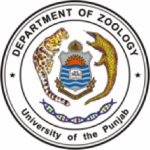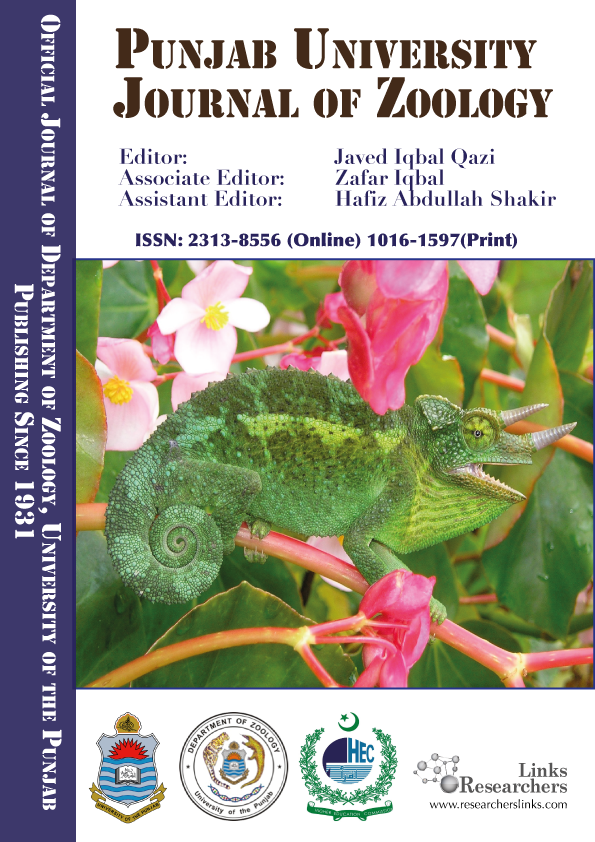Donkeys as an Alternate Domestic Pack-animal in the Arid Zone of Dera Ismail Khan, Pakistan
Donkeys as an Alternate Domestic Pack-animal in the Arid Zone of Dera Ismail Khan, Pakistan
Muhammad Shuaib Khan1, Shakeeb Ullah1, Nisha. A.R2, Muhammad Umar3, Muhammad Inamullah Malik1*, Syed Muhammad Kamal Shah1, A. Zaman1, Shakir Ullah1, Imdad Ullah1, Sumera Ali Khan4
ABSTRACT
To share on other social networks, click on any share button. What are these?







